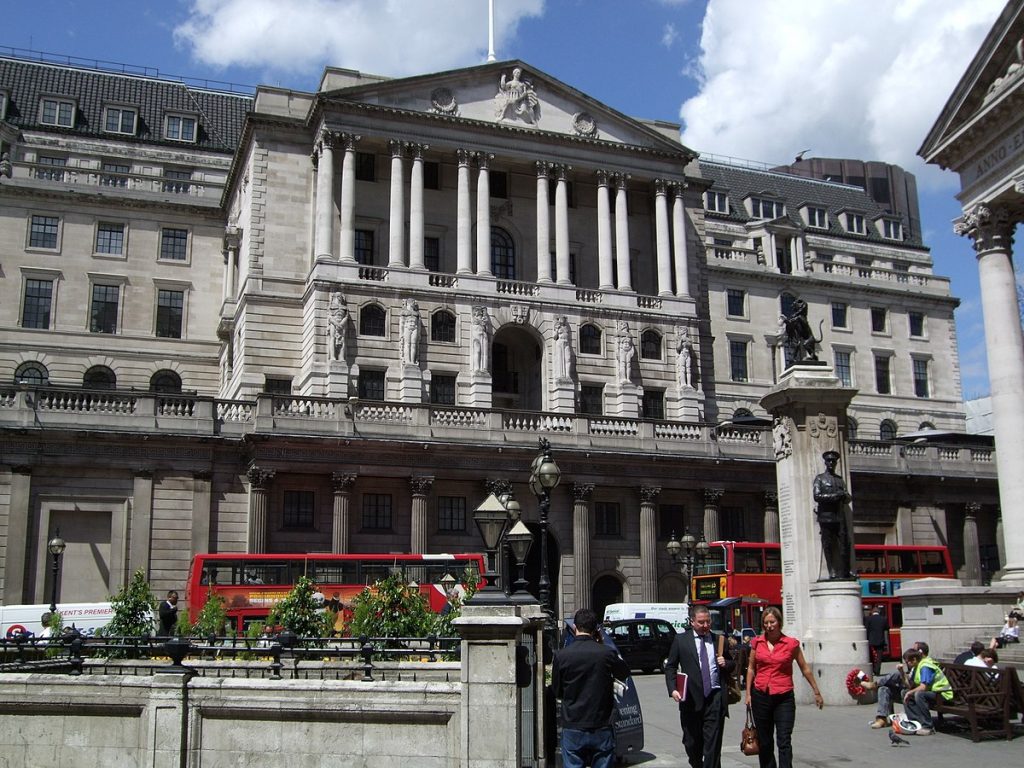There are people – many of them politicians and journalists – who because they can read a number – in this case the rate of inflation – think they are economists. On the other hand, we were all bewildered where the millions of epidemiologists in Europe suddenly came from in 2020.
Richard Murphy is an economic justice campaigner. Professor of Accounting, Sheffield University Management School. Chartered accountant. Co-founder of the Green New Deal as well as blogging at Tax Research UK
Cross-posted from Tax Research UK

As the FT has noted this morning:
Britain’s inflation rate rose sharply in June, far exceeding expectations and adding to pressure on the Bank of England to take the rise in prices more seriously. Measured by the consumer price index, the annual rate of inflation hit 2.5 per cent in June, rising from a rate of 2.1 per cent in May, the highest since August 2018.
It simply amazes me that people are surprised that if you compare the UK economy in June 2021, when it was reopening after a lockdown, with the UK economy a year ago, when everything possible was being done to suppress demand in the economy, anyone should be surprised that inflation has risen, or that the increase requires much explanation.
More significant is the lack of understanding of what the inflation index shows. All it does is compare the price of a bundle of goods in one month with the price of the same bundle a year ago. People like to say that the price of this or that has changed this month: actually that is of little consequence except in terms of their relative weighting in the bundle. All that really matters is the comparison as a whole. And if there is an external macroeconomic factor to consider, and Covid might just be that, then that is the only issue of consequence to discuss.
In that case, before anyone thinks the Bank of England should now be obsessing about how to control inflation, and begins suggesting whether or not interest rates, QE or other factors should be changed to manage it, they might want to actually consider instead what caused this increase: which was the reaction of people to UK government Covid restrictions. Changing interest rates will not change the prevalence or otherwise of Covid in the economy. It is vaccines, strong social distancing, good ventilation systems and compensation for people who are required to isolate that will change reaction to lockdown policies (and we are a long way from having seen the last lockdown as yet: I suspect there will be another within a month or two and expect at least one more this coming winter).
Epidemiologists have long suggested that until Covid is properly managed there can be no proper economic recovery. There will, instead, be fits and starts, and much economic agony. The evidence for that being the case is compelling. But to, in that case, think that the Bank of England has any answer to the resulting economic situation is absurd. They have not. In that case their only required response to this inflation is to note that the government has a duty to get on top of Covid, as it seems other countries might have done significantly better than us. And thereafter the Bank needs to do nothing with interest rates, QE, or anything else. This inflation is way beyond the reach of any such measure and if the temptation to use them is succumbed to matters can only get very much worse. I am just hoping that with Andy Haldane gone the Bank might have the sense to appreciate that.


Be the first to comment